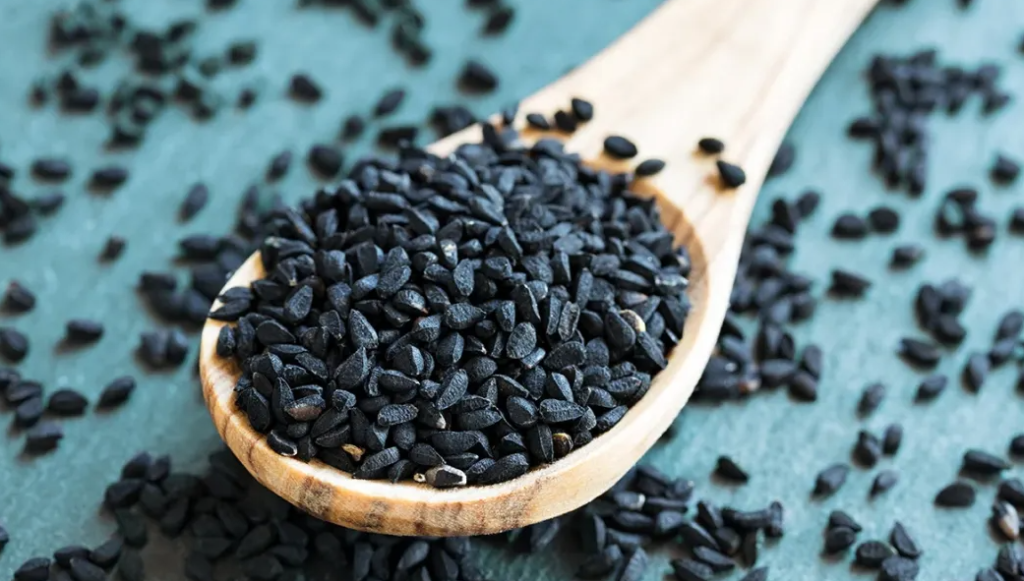Helicobacter pylori (H. pylori) is a bacterium that infects the stomach lining, often leading to symptoms like heartburn, bloating, and discomfort. While standard treatment involves antibiotics, increasing resistance has prompted interest in natural remedies to support conventional therapies.
Understanding H. pylori and Its Impact
H. pylori is a spiral-shaped bacterium that colonizes the stomach lining, potentially causing gastritis, peptic ulcers, and, in some cases, stomach cancer. Symptoms include abdominal pain, bloating, nausea, and frequent belching. The infection is prevalent worldwide, affecting approximately 50% of the global population.
Natural Remedies to Support H. pylori Management
1. Probiotics
Probiotics, such as Lactobacillus and Bifidobacterium strains, help restore gut flora balance and may inhibit H. pylori growth. They can also reduce treatment side effects like diarrhea. Sources include yogurt, kefir, and fermented foods.

2. Green Tea
Rich in catechins, green tea exhibits antibacterial properties against H. pylori. Regular consumption may reduce bacterial load and alleviate gastric inflammation.
3. Honey
Particularly Manuka honey, has demonstrated antibacterial activity against H. pylori. While not a standalone cure, it can complement other treatments.
4. Broccoli Sprouts
Containing sulforaphane, broccoli sprouts may reduce H. pylori colonization and gastric inflammation. Incorporating them into the diet could offer protective benefits.
5. Garlic
Garlic possesses antimicrobial properties that may inhibit H. pylori growth. Consuming raw or cooked garlic could support infection management.
6. Licorice Root
Licorice root may prevent H. pylori from adhering to stomach walls and promote ulcer healing. However, excessive intake can lead to side effects; consult a healthcare provider before use.
7. Olive Oil
Extra virgin olive oil contains phenolic compounds with antibacterial effects against H. pylori. Incorporating it into meals may offer supportive benefits.
8. Aloe Vera
Aloe vera exhibits antibacterial and anti-inflammatory properties. Its juice may soothe the digestive tract and inhibit H. pylori growth.
9. Black Seed (Nigella sativa)
Black seed has shown potential in reducing H. pylori infection when used alongside standard treatments. Its anti-inflammatory properties may also alleviate symptoms.

10. Cranberry Juice
Cranberry juice may prevent H. pylori from adhering to the stomach lining, reducing infection risk. Regular consumption could be beneficial as a preventive measure.
Dietary Considerations
A diet rich in fruits, vegetables, and whole grains supports digestive health. Incorporate foods high in antioxidants and fiber, such as berries, leafy greens, and legumes. Limit intake of spicy foods, caffeine, and alcohol, which may exacerbate symptoms.
While natural remedies can support the management of H. pylori-related symptoms, they should complement, not replace, conventional treatments. Consult a healthcare professional before starting any new regimen to ensure safety and efficacy.

















